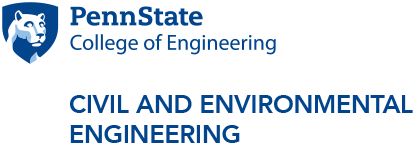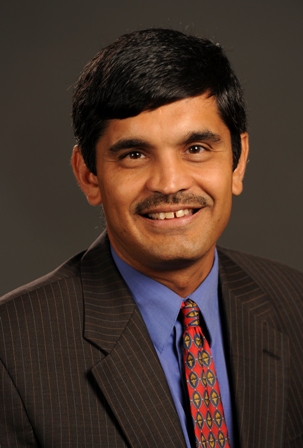CEE Seminar Series: Chandra R. Bhat
Adoption of Partially Automated Vehicle Technology Features and Impacts on Vehicle Miles of Travel (VMT)
Abstract: In this seminar, Bhat examines vehicle owners’ adoption of five different types of partially automated features (PAFs): lane keeping system, backup camera (BUC), adaptive cruise control (ACC), automatic braking system (ABS), and blind spot monitoring; as well as PAF effects on vehicle miles of travel (VMT). The joint modeling of PAF adoption and VMT is achieved using both individual demographic characteristics as well as psycho-social characteristics. In doing so, Bhat's team acknowledges the potential self-selection in PAF adoption based on VMT inclinations. That is, individuals may choose (or not choose) to invest in PAFs based on their travel preferences, which must be explicitly recognized in order to estimate the “true” PAF effects on VMT. Their analysis indicates that ignoring this self-selection can lead to a significant underestimation of the VMT increase due to PAF adoption. The results also indicate that women and older individuals (65 years or older) appear to be more inclined to invest in assistive PAFs, because of a perception that these assistive features still leave the human driver in control. However, women are less likely than men to invest in the more active ABS PAF because of heightened safety concerns with technology. In terms of PAF effects on VMT, PAFs focusing on lateral movement assistance appear to have a smaller VMT effect than those that serve longitudinal movement assistance. The highest estimated VMT change of 2,462 miles (13.8% change) is for the case when the package of BUC, ACC, and ABS is installed for middle-aged men. The highest percentage VMT change (40%), though, is for the same package of BUC, ACC, and ABS for older women. Overall, there are considerable variations in VMT impact across demographic groupings, suggesting that a single aggregate percentage improvement in safety benefits may suffer from the well-known ecological fallacy.
Biography: Chandra R. Bhat is a University Distinguised Teaching Professor and Joe J. King Endowed Chair Professor in Civil, Architectural, and Environmental Engineering at the University of Texas at Austin. Bhat an expert in the area of transportation and urban policy design, with far reaching implications for public health, energy dependence, greenhouse gas emissions, and societal quality of life. Methodologically, he has been a pioneer in the formulation and use of statistical and econometric methods to analyze human choice behavior. His current research includes the social and environmental aspects of transportation, planning implications of connected and automated smart transportation systems (CASTS), e-commerce and information and communication technology (ICT) impacts on the activity and mobility behaviors of consumer and upstream supply chain providers, and data science and predictive analytics. He is a recipient of many awards, including the 2017 Council of University Transportation Center (CUTC) Lifetime Achievement Award in Transportation Research and Education, the 2015 American Association of Civil Engineering’s (ASCE’s) Frank Masters Award, and the 2013 German Humboldt Award. He was listed in 2017 as one of the top ten transportation thought leaders in academia by the Eno Foundation. He is a top-cited transportation engineering researcher. He currently serves as the editor-in-chief of Transportation Research – Part B.
Additional Information:
Seminar will be held in person at 4:00 p.m. ET in the Stavely Conference Room in Hammond Building on the University Park campus. The event will be simultaneously livestreamed through Zoom. Registration for online seminar is required.
Event Contact: Tim Schley




